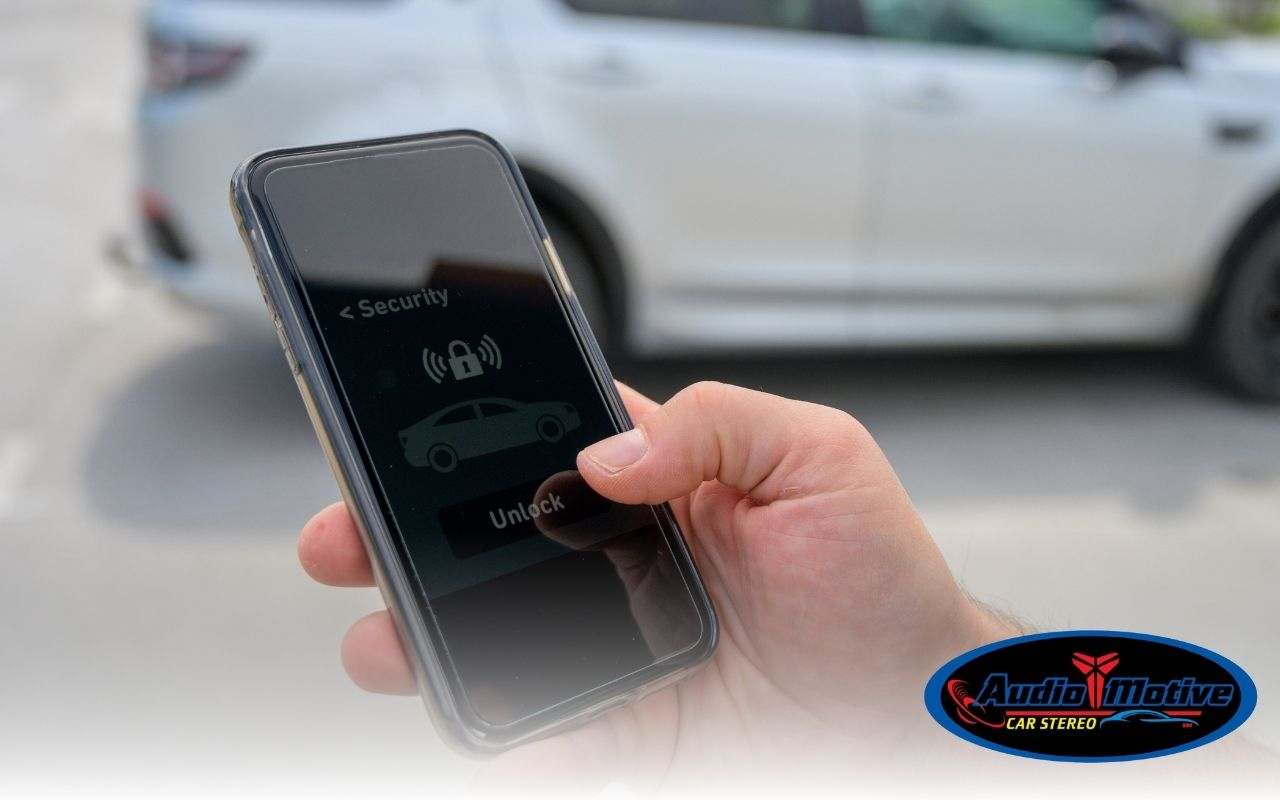
Cybersecurity for cars is no longer just a tech buzzword—it’s a growing concern for drivers of connected vehicles. As vehicles become more advanced with GPS, Bluetooth, and internet connectivity, they’re also more vulnerable to hacking and cyber threats.
What types of risks do connected cars face? How are automakers and installers responding? And what can you do to protect your vehicle? Let’s explore the state of automotive cybersecurity in 2025.
Why Cybersecurity Is Now a Must for Modern Vehicles
The Rise of Connected Features
Today’s cars aren’t just mechanical—they’re smart devices on wheels. Features like keyless entry, cloud-based navigation, and app-based remote start systems all open new doors for convenience but also for cybercrime.
Vehicles in San Leandro, Fremont, or San Francisco with these features must be protected just like any smart device.
Real Threats Are on the Rise
Hackers can exploit vulnerabilities to:
- Unlock doors remotely
- Disable alarms
- Steal GPS data or personal info
- Interfere with engine functions
Cyberattacks on cars are no longer rare, which is why emerging car security solutions now focus on digital protection just as much as physical deterrents.
How Vehicles Are Protected with Cybersecurity Tools
Firewalls and Encryption
Modern vehicle security systems now include built-in firewalls to block unauthorized access to vehicle networks. Encryption helps secure communication between devices like your key fob, phone app, and the car’s main computer.
This is especially important for drivers who frequently park in busy areas like downtown San Francisco, where data interception tools are becoming more common.
Software Updates and Vulnerability Patches
In 2025, car security includes regular system updates, much like your smartphone. These updates fix known vulnerabilities and add protection against new cyber threats.
Working with a professional team like Audiomotive ensures these updates are applied correctly and consistently.
Best Practices for Car Cybersecurity
Protect What Connects
Always use strong passwords and enable two-factor authentication on any app linked to your car. Avoid using public Wi-Fi networks to control or monitor your vehicle.
Even a simple step—like turning off Bluetooth when not in use—can help protect against unauthorized access.
Choose Secure Aftermarket Installations
If you’re upgrading your car with a stereo, alarm, or smart system, make sure it’s installed by professionals who understand cybersecurity risks.
At Audiomotive, we tailor secure systems for customers in San Leandro, San Lorenzo, and surrounding areas—integrating high-tech features without compromising your car’s digital safety.
FAQs – Cybersecurity for Cars in 2025
Can a car really be hacked?
Yes. Connected vehicles can be targeted through vulnerabilities in apps, software, or wireless systems. Proper cybersecurity can block most threats.
Do aftermarket car alarms include cybersecurity features?
Some do. Advanced systems with app connectivity often include encrypted communication and firewalls. Installation by a trusted expert is key.
How do I know if my car is vulnerable?
If your vehicle uses apps, GPS, Bluetooth, or keyless entry, it may be at risk. A professional inspection can help identify gaps.
Secure Your Connected Car with Audiomotive
As car tech evolves, so should your protection. Cybersecurity for cars is critical in 2025, and Audiomotive is here to help you stay ahead of potential threats.
Contact us today for secure alarm and system installations in San Leandro, Fremont, or San Lorenzo.
